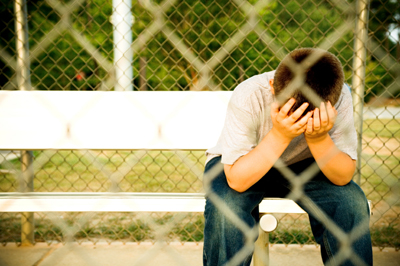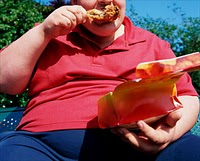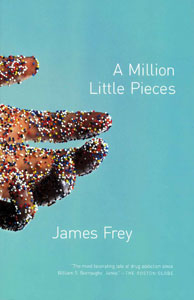One of the more popular posts I’ve written in this blog is about how stupid it is to be a people pleaser. Lately, I’m having a small change of heart.
Mood music:
[youtube=http://www.youtube.com/watch?v=nFl0nlHaWa4&fs=1&hl=en_US]
I still stand behind much of what I said. When it comes to trying to please the overlords of corporate America or the abusive parent in hopes that you won’t get hit again, people pleasing IS futile.
Here’s the dark side of people pleasing — at least from personal experience:
I wanted desperately to make every boss happy, and I did succeed for awhile. But in doing so I damaged myself to the core and came within inches of an emotional breakdown. Actually, looking back, I crossed the threshold and broke down more than once.
It caused me to work 80 hours a week, waking up each morning scared to death that I would fall short or fail altogether.
You know what? No employee ever gets back 100 percent of what they put in from the corporate machine. Sure, you can make your direct bosses happy, but the folks many layers above them in the food chain still won’t know who you are or care that you work 80 hours a week. That doesn’t make them evil. It’s just a reality where it’s impossible to have an intimate understanding of every toil of every employee.
I learned this the hard way at Community Newspaper Company, where the pay was criminally low, and at The Eagle-Tribune, where the pressure on everyone was so intense back then that it was every man and woman for themselves. Some excellent people have worked there, and still do. But we all behave in strange ways when we’re staring down the nose of a gun. I was no different to those below me who wanted to keep me happy with their work efforts. I’m certain I hurt some people along the way.
I wanted to make every family member happy. It didn’t work, because you can never keep everyone happy when strong personalities clash. That’s not a swipe at the family members. It’s just a fact of life.
To this day, my relationship with some family members is on ice. Part of the problem is that I failed to keep them happy and take care of others I needed to be paying attention to. I reached a breaking point that has caused a lot of pain on all sides. I’m not happy about it, but it’s how things have to be right now.
So when did I reach the moment of truth? It’s hard to pinpoint the exact moment. I don’t think there was one defining event. It was just a gradual realization that if I kept trying to please everyone, I wouldn’t be alive much longer. I would have had a complete breakdown and plunged into my addictions until they killed me with a heart attack or a blood clot to the brain. 
To put it another way, this was a simple matter of survival.
If I’m trying to please every boss, friend or family member, I can’t be present for my wife and children. And I certainly can’t be present for God.
That last point is what brings me to this follow-up post. Everything I’ve just said fits my personal truth. But as I live each new day, I start to realize that sometimes IT IS OK TO BE A PEOPLE PLEASER.
I want to please my wife and children because I want them to be happy. I still want to please people at work, but it’s different now. I don’t want them to think I’m the golden boy who can do everything. But I DO want to do the best work I can for readers who need to tap into what we know. And, because I work with so many stellar people, I want to return the favor and be stellar to them. I guess it’s more about paying it forward than people pleasing.
Even with this sense of clarity, I know there are going to be times where I’ll fail at the good kind of people pleasing. And even when the feeling is there, pleasing someone who may deserve your love isn’t the right answer at the time.
I’ll just have to keep trying.

 This book gets into the train wreck that was the DeFeo family. They were outwardly religious and close-knit. But the father was a rage-a-holic who apparently yelled a lot and beat his wife and kids, especially his oldest son Butch, who is now rotting in jail for the murders.
This book gets into the train wreck that was the DeFeo family. They were outwardly religious and close-knit. But the father was a rage-a-holic who apparently yelled a lot and beat his wife and kids, especially his oldest son Butch, who is now rotting in jail for the murders. It’s the whole cause-and-effect thing that keeps my obsession going.
It’s the whole cause-and-effect thing that keeps my obsession going.



